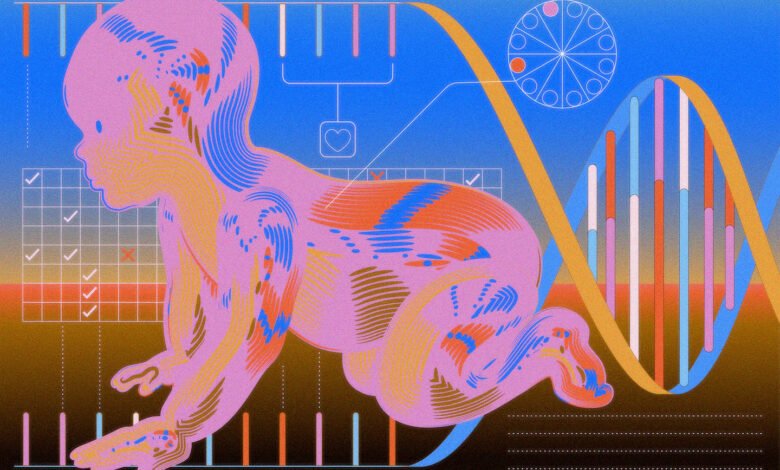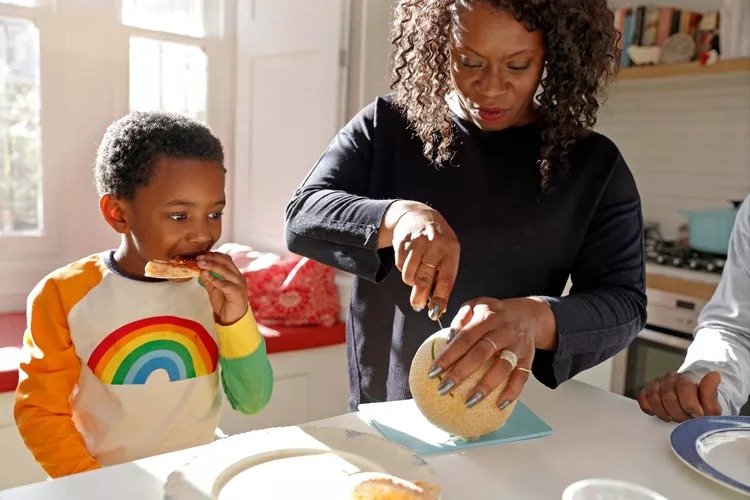How Silicon Valley Is Shaping the Future of Reproduction

At an elegant dinner party in Austin, Noor Siddiqui, founder of embryo-screening startup Orchid Health, pitched a provocative idea: selecting embryos based on full-genome analysis to reduce the risk of disease, and maybe even optimize traits like intelligence or height.
Her audience? Tech elites who already track every heartbeat with wearables. For $2,500 per embryo, plus IVF costs, Siddiqui promises parents “peace of mind” through advanced genetic screening. She believes this should eventually be available to all, calling the right to a healthy child a “basic human right.”
But Orchid’s ambitious claims are fueling fierce debate among scientists and ethicists alike.
Science with Limits
Orchid sequences the genome of an embryo using just five cells, screening for hundreds of monogenic conditions and generating polygenic risk scores for complex disorders like cancer, schizophrenia, and Alzheimer’s.
However, many geneticists remain skeptical. Stanford’s Dr. Svetlana Yatsenko calls the process “basically Russian roulette,” warning of inaccuracies. Others note Orchid’s studies lack transparency and independent validation.
Polygenic scores are also controversial, especially for embryo selection. They offer probabilities, not certainties, and are less accurate for non-European populations.
Ethics and Inequality
Critics worry Orchid’s technology could pressure families to discard viable embryos based on uncertain predictions, leading down a slippery slope toward modern-day eugenics.
The American College of Medical Genetics warns such testing is “unproven” and should not be offered. Others argue it could widen racial disparities and reinforce ableist attitudes.
Still, Siddiqui dismisses such fears, comparing them to early IVF skepticism. “If those people had succeeded,” she said, “12 million people wouldn’t exist today.”
Consumer Demand, Uncertain Oversight
Despite concerns, demand is real. One couple paid $30,000 to screen embryos, using polygenic scores as a tiebreaker. Their daughter was born healthy, a success, though not scientific proof.
Backed by Thiel Fellowship funding, Orchid is now in 100+ IVF clinics and part of a larger pronatalist push supported by figures like Elon Musk and Peter Thiel.
As companies race ahead, scientists urge caution. The technology is promising, but not yet ready for prime time.





